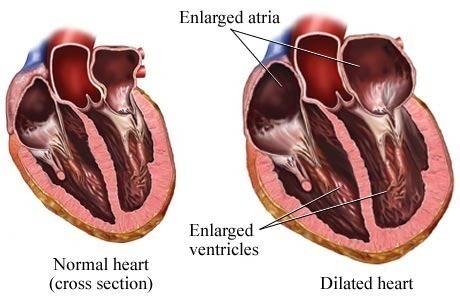1. I am realizing more than ever that unless the information I put in my brain studying can come out in a thoughtful way, say during an exam for instance, it is totally useless. I have been struggling with spending more time than ever studying, only to get a mediocre grade. Why? I'll take most of the credit, I could be spending my time studying and not writing this blog for example, but all in all, I need to become more effective. But, more importantly, I think I need to make this information mean something to me. So, my goal before I leave for winter break is to find a way to do that. I love clinical vignettes...maybe that's a direction I could explore? Ultimately, what goes in, must, must, must come out.
This principle applies in all areas of life too (thank you to my liberal arts education for making my mind think this way...and to my osteopathic education as well). It applies to our faith, when we experience the love of Christ in our lives, it must come out of us. It applies in a family, our parents spend years caring for and shaping our lives and it must then come out of us as they get older (Happy 50th Birthday Mom!). Anyways, that's my personal goal right now, to make things that go in, come back out.
and...
What Goes In, Must Come Out
The Great Dr. Starling, in his Law of the Heart*
Said the output was greater if, right at the start,
The cardiac fibers were stretched a bit more,
So their force of contraction would be more than before.
Thus the larger the volume in diastole
The greater the output was likely to be.
If the right heart keeps pumping more blood than the left,
The lung circuit's congested; the systemic -- bereft.
Since no one is healthy with pulmo-congestion,
The law of Doc. Starling's a splendid suggestion.
The balance of outputs is made automatic
And blood-volume partition becomes steady-static.
But when the heart reaches a much larger size,
This leads to Heart Failure, and often, Demise.
The relevant law is not Starling's, alas,
But the classical law of Lecompte de Laplace**.
Your patient is dying in Decompensation,
So reduce his Blood Volume, or call his Relation.
-A.C. Burton
If you want in on the wit, I've included the inside info below. If not, I won't be offended : )
*For those of you who care, I'll pass on some knowledge: Dr. Starling's Law states that the greater the volume of blood entering the heart during diastole, the greater the volume of blood that leaves the heart during systole. And, this shift occurs automatically, isn't our heart smart?! If it wasn't equal and more blood was entering the heart than leaving, blood would accumulate in the lungs...bad news bears. In just one hour, 3L of blood would accumulate in your lungs. Note: you only have 5-6L of blood to begin with all throughout your body.
**Humor me...: The law of Lecompte de Laplace states that Tension on the wall of the heart = Pressure in the ventricle x Radius of the ventricle; T=PR. So, consider a condition called dilated cardiomyopathy (see diagram below). The ventricle of the heart becomes distended (swells or expands) and thus the radius increases. As the radius increases, the heart muscle must create more tension to maintain the pressure in the ventricle to continue pumping the same amount of blood out of the heart as is entering it. Ultimately then, it will take more pressure generated by the heart muscle to continue ejecting the same about of blood that it ejected before becoming distended. Therefore, your heart must work harder to get the same result it did before. This overworking of the heart leads to heart failure, because the heart can no longer pump sufficient amounts of blood to the body, and death if not treated.
Now, for real!!
 |
| On the right is an example of an enlarged heart. |


Love this poem!
ReplyDeleteIt made my day!
I'm learning hard for my first "Staatsexamen" in medicin in 12 days time and so i found this perfect little poem =)
greetings from Germany
Lena